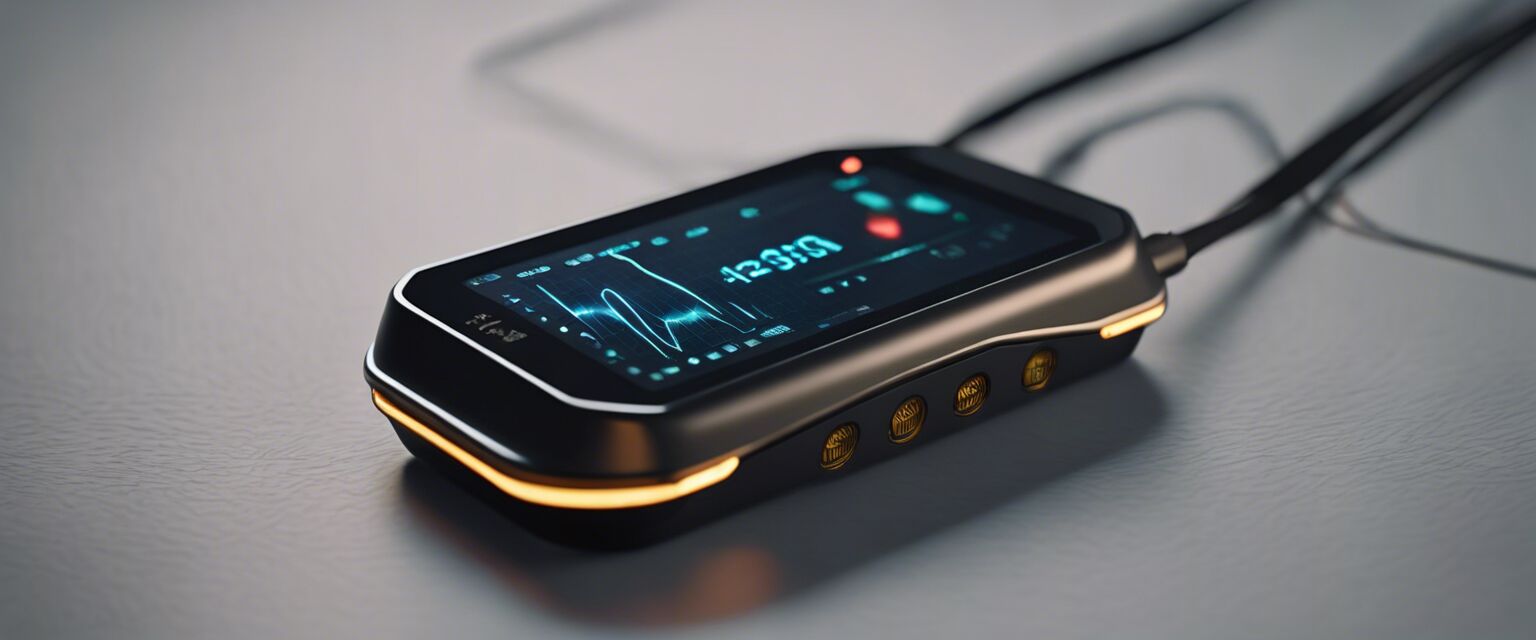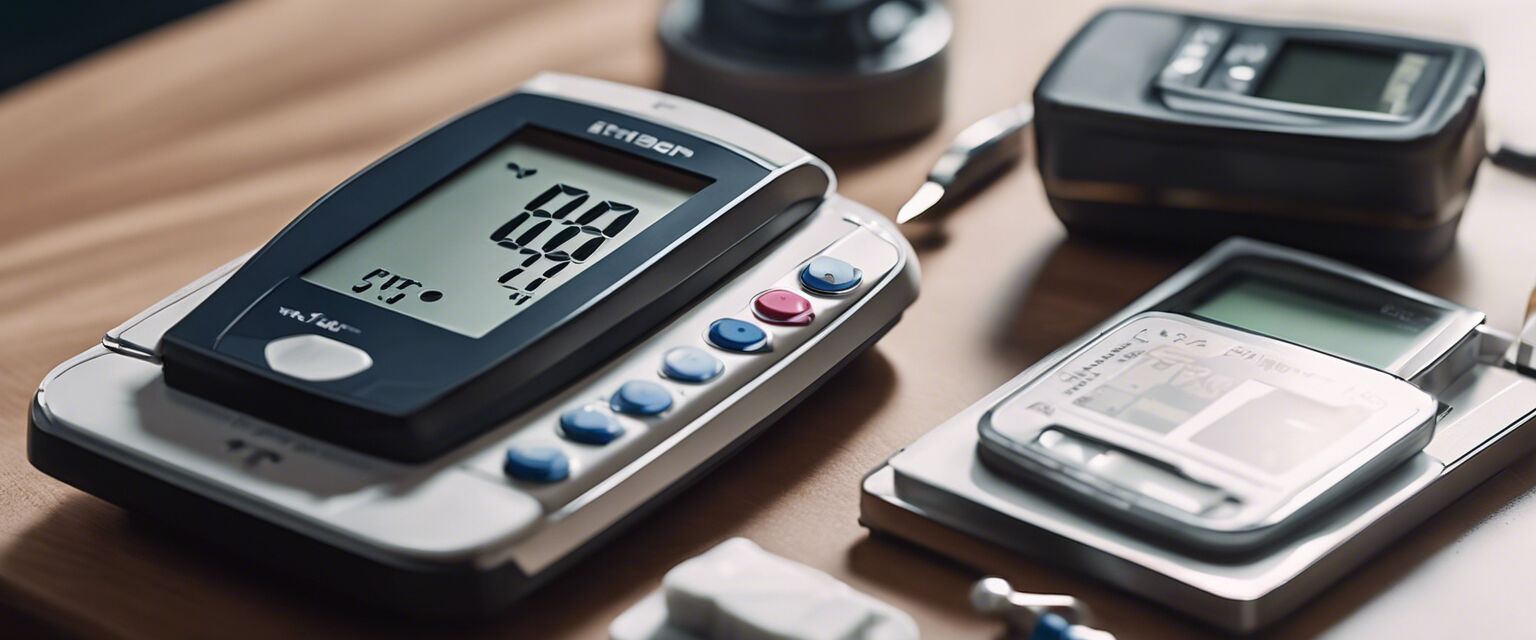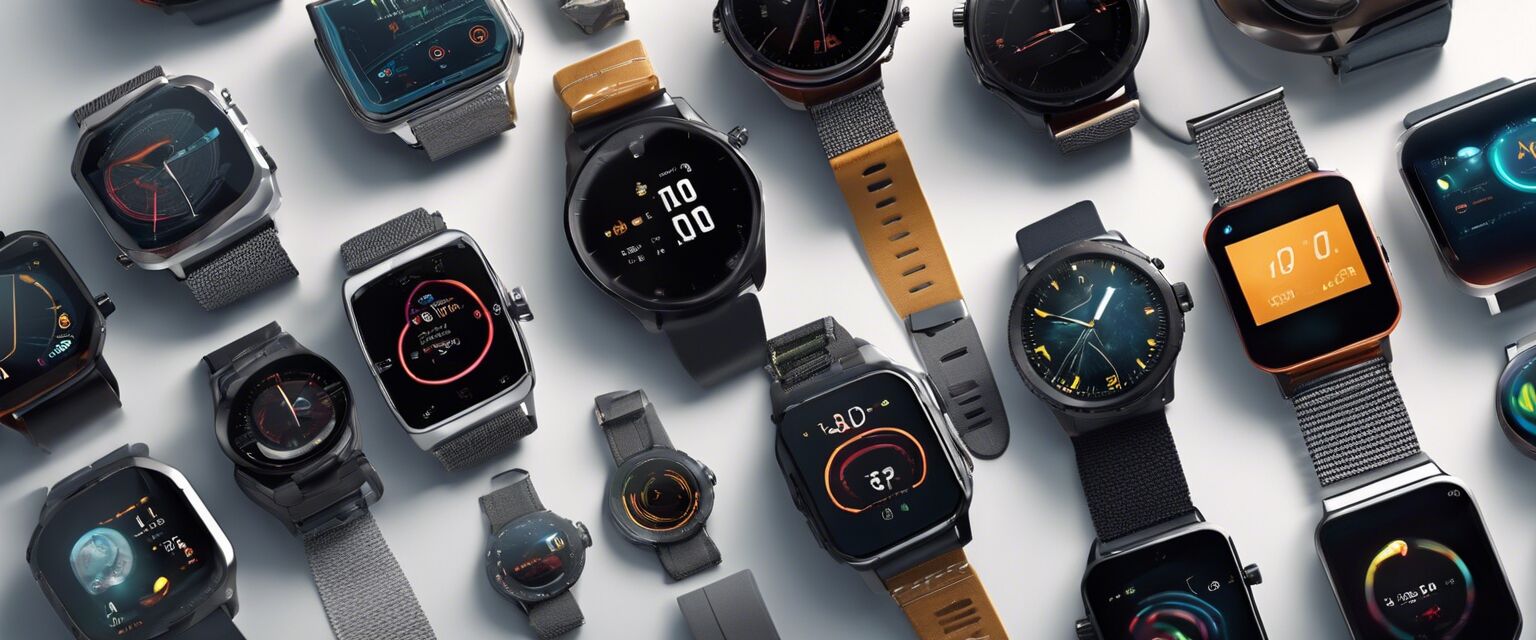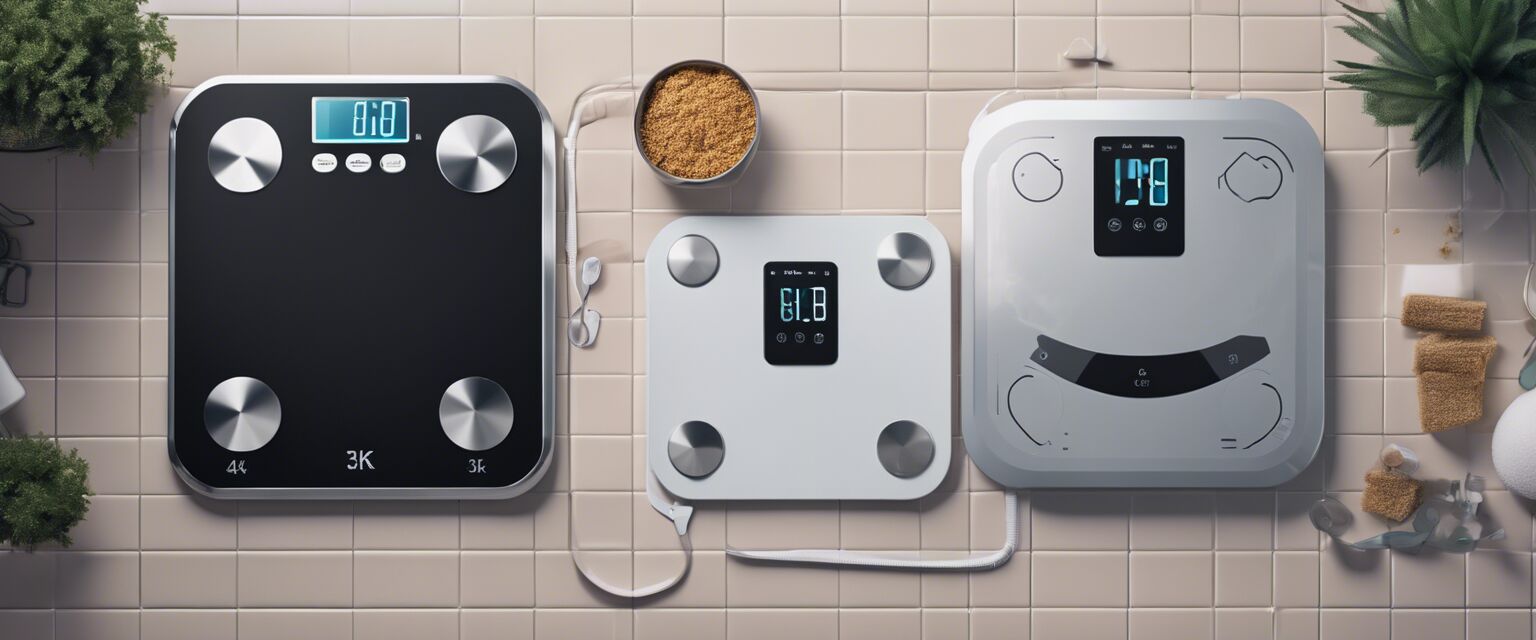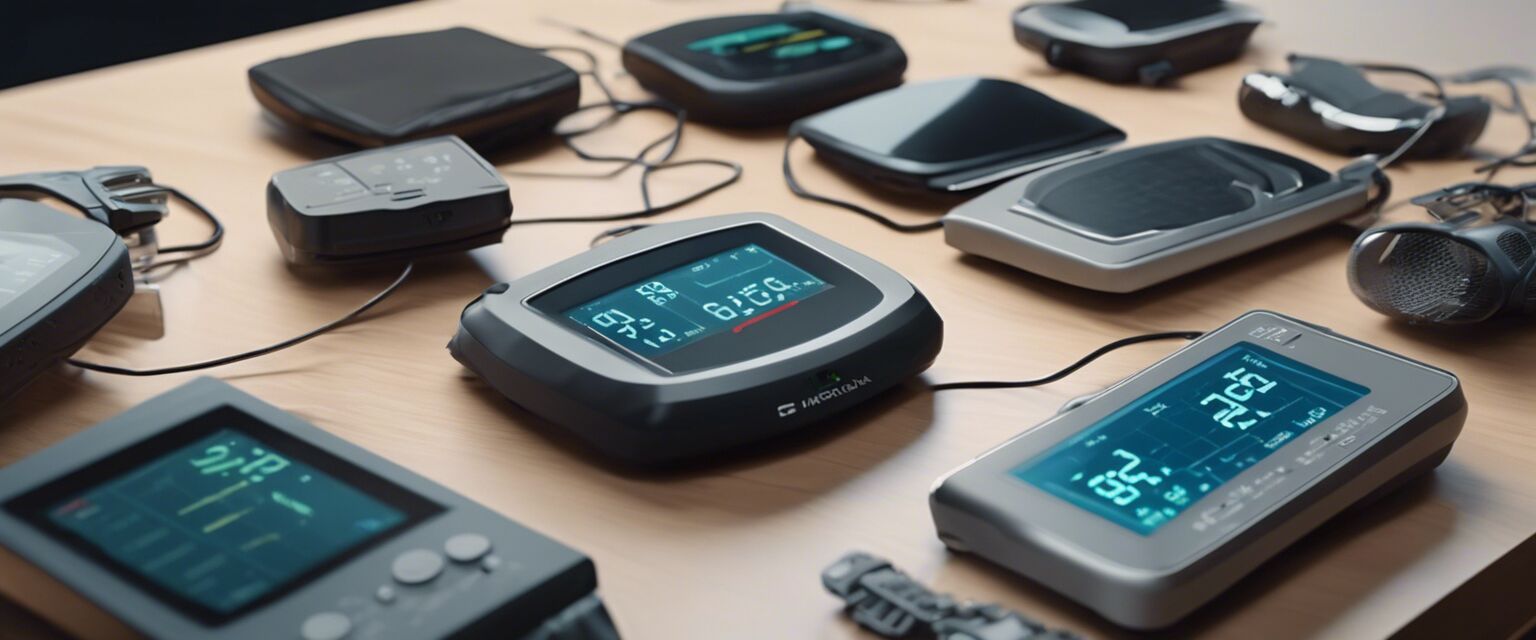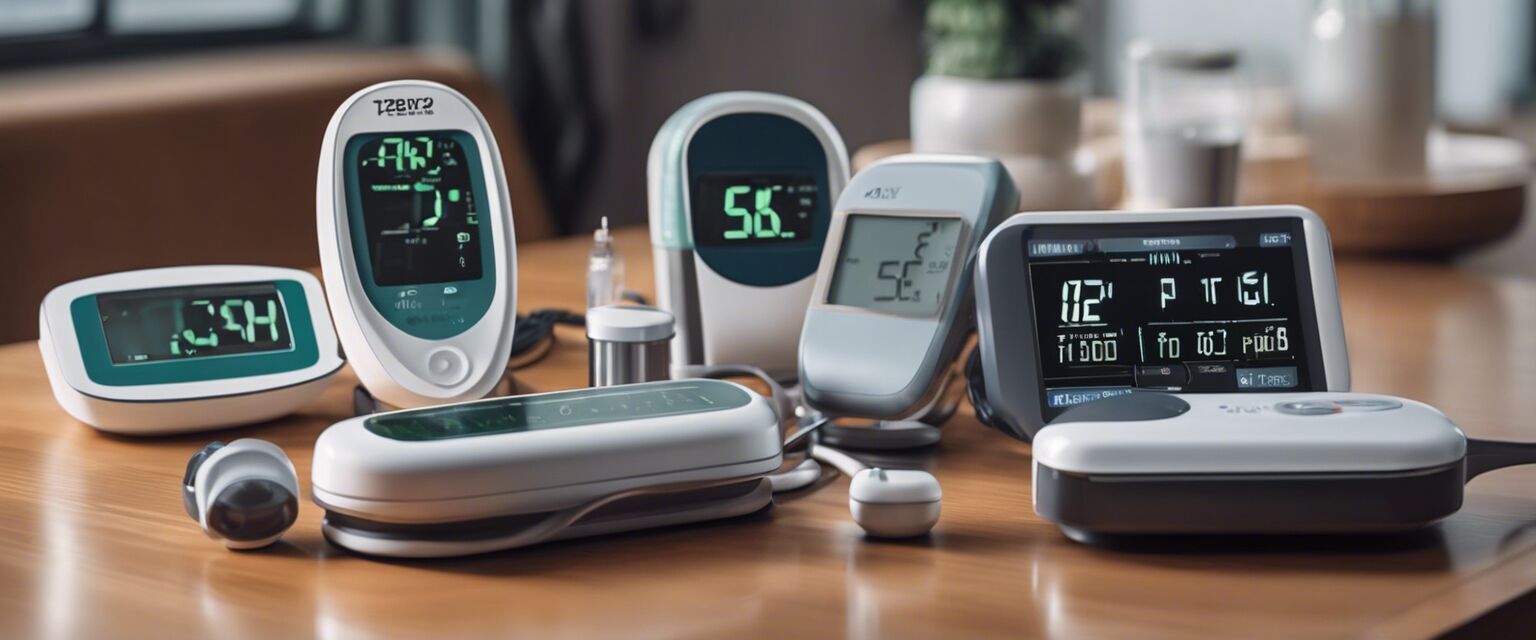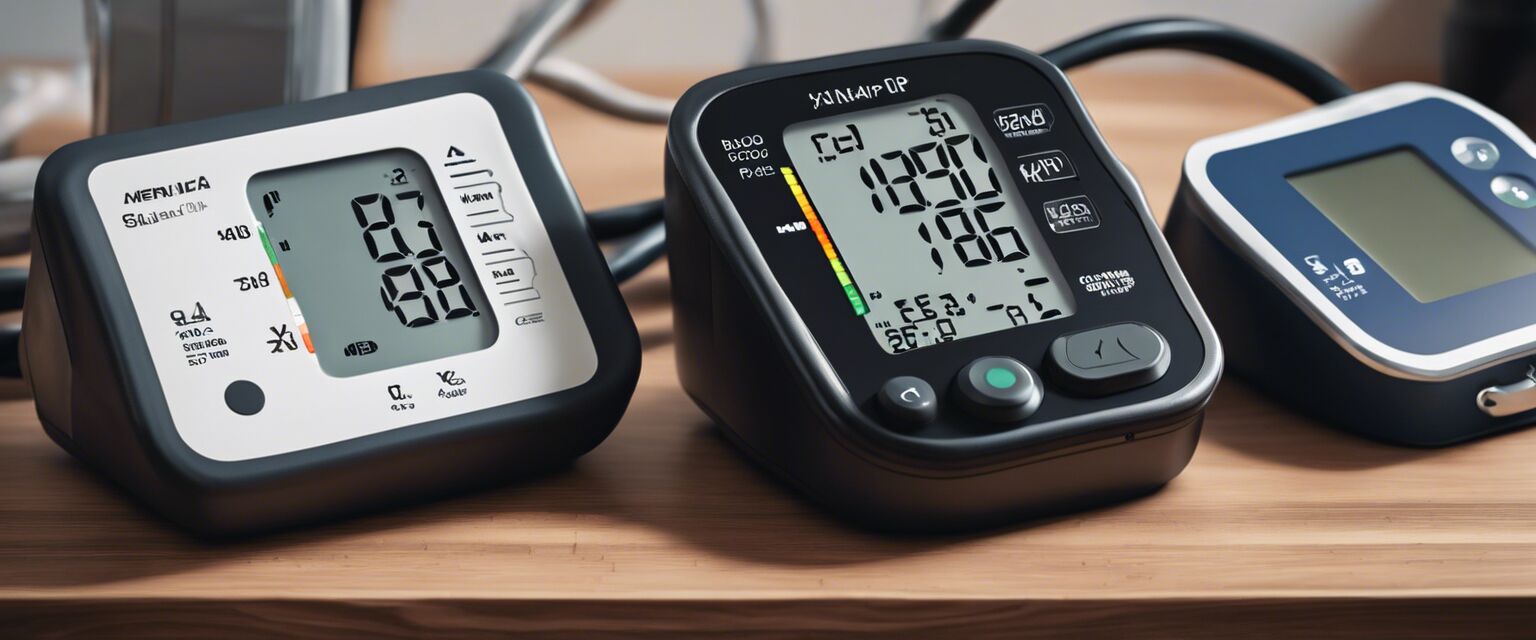
Medical Alert Systems
Key Takeaways
- Medical alert systems provide immediate assistance in emergencies.
- Available options include wearable devices, home systems, and smartphone apps.
- Features to consider: response time, battery life, and coverage area.
- Some systems offer fall detection and GPS tracking.
Medical alert systems are designed to enhance personal safety, especially for seniors and individuals with health concerns. These devices allow users to signal for help in emergencies at the press of a button. In this guide, we will explore various medical alert systems, their features, and what to consider when choosing the right one for your needs.
Understanding Medical Alert Systems
Medical alert systems are crucial for providing peace of mind. They come in various forms, ranging from wearable devices to home-based systems. Each type has its own set of features, benefits, and drawbacks. Below is a brief overview of the different types:
| Type | Description | Ideal for |
|---|---|---|
| Wearable Devices | Portable devices that can be worn as necklaces or bracelets. | Active individuals who need mobility. |
| Home Systems | Installed in the home, often connected to a landline or cellular network. | People who spend most of their time at home. |
| Smartphone Apps | Apps that utilize the phone's capabilities for alerts and assistance. | Tech-savvy individuals who prefer using their smartphone. |
Features to Look For
When selecting a medical alert system, certain features can greatly influence your experience. Here are some essential features to consider:
- Response Time: The speed at which help is dispatched is crucial in emergencies.
- Battery Life: Look for systems that offer long battery life or easy recharging options.
- GPS Tracking: This feature is particularly useful for individuals who are often outside their home.
- Two-Way Communication: Enables direct communication with the monitoring center.
- Fall Detection: Automatically alerts for help if a fall is detected.
Comparison of Popular Medical Alert Systems
| System | Type | Features | Monthly Cost |
|---|---|---|---|
| System A | Wearable | GPS, Fall Detection | $29.99 |
| System B | Home | Two-Way Communication, Long Range | $25.99 |
| System C | Smartphone | Emergency Alerts, Location Tracking | $19.99 |
Advantages and Disadvantages
Pros
- Provides immediate assistance in emergencies.
- Can enhance the independence of seniors.
- Many systems come with additional features like fall detection.
Cons
- Monthly fees can add up over time.
- Some devices may require a landline.
- Limited battery life for portable devices.
How to Choose the Right Medical Alert System
Choosing the right medical alert system depends on personal needs and lifestyle. Here are some tips to help guide your decision:
Beginner's Tips
- Assess your needs: Determine if you need a mobile system or one primarily for home use.
- Consider budget: Look at the initial cost and ongoing fees.
- Read reviews: Check customer feedback for insights on reliability and service.
- Test the system: If possible, try a trial period to ensure it meets your needs.
Conclusion
Medical alert systems are a vital investment for personal safety, particularly for seniors and those with health concerns. By considering the features and options available, you can find a system that best suits your lifestyle and needs. For more information on specific types of medical alert systems, check out our detailed reviews on Blood Pressure Monitors, Fitness Trackers, and Smartwatches.
Additional Resources
For further reading on health monitoring devices, explore our articles on Body Composition Scales and Glucose Monitors. Stay safe and informed!



